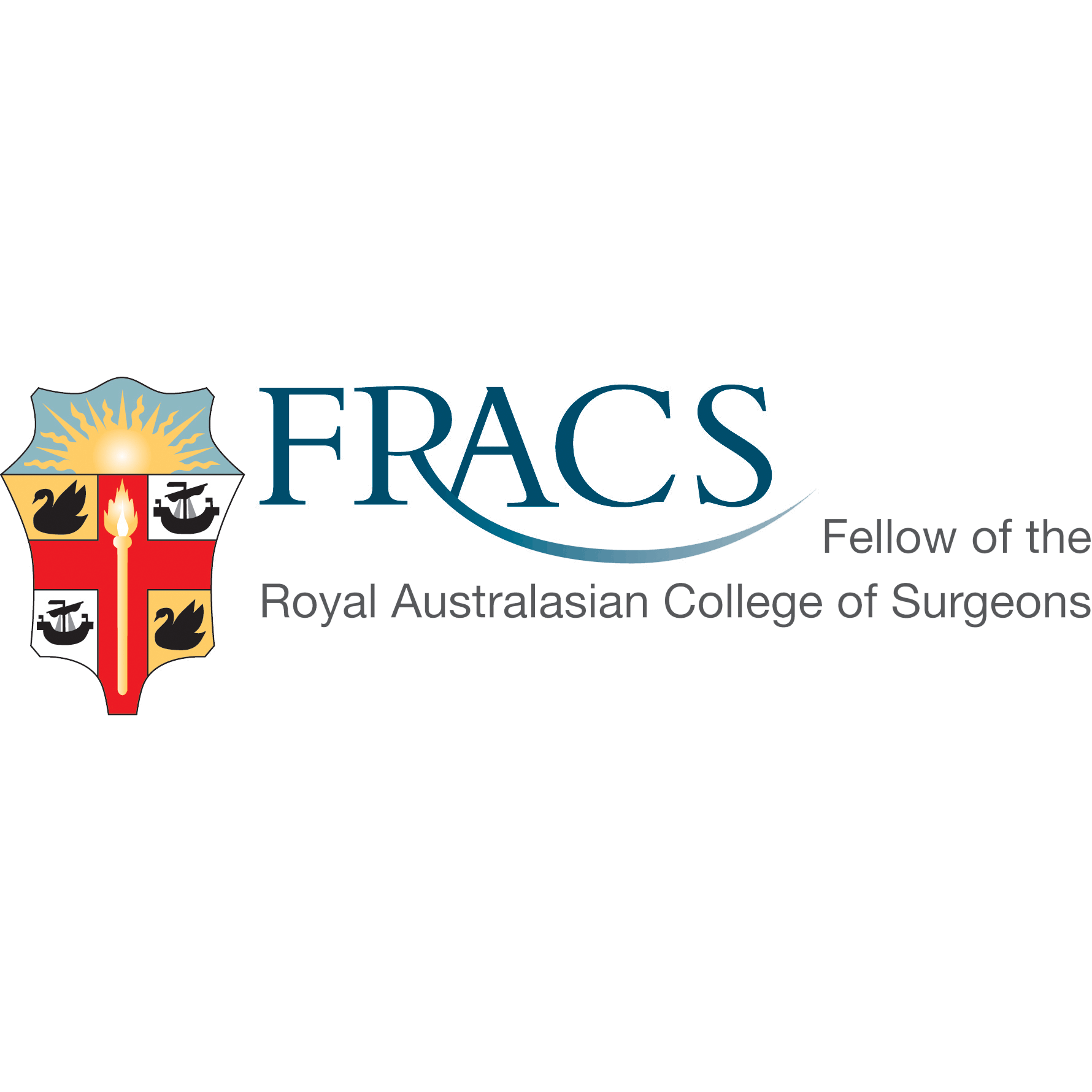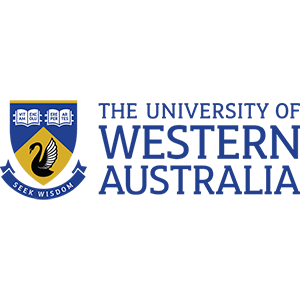For patients
Our Holistic Surgical Care
Prior to initial consultation
This enables the patient to read these documents and be well-informed prior to the consultation.
Initial consultation

Clinical Associate Professor Ahmad approaches each referral in a holistic way. He is able to bring his knowledge and experience as a Specialist in Emergency Medicine to assess the whole patient, rather than just concentrating on the presenting disease or condition.
During the consultation, Mr Ahmad uses diagram (drawn or Internet-based) to illustrate the condition and surgical approach to the management. Appropriate operative videos are shown to help explain the surgery. Mr Ahmad typically would use his educator experience in teaching medical students and junior doctors to ensure that the information is provided to the patient in terms that is comfortable to the patient and their accompanying support.
At the end of the consultation, should an operation be indicated, the patient will be provided with the relevant instruction for preparation for the surgery. This includes the fasting and admission time, as well as any other relevant information. An additional 'Discharge Management Pack' is also included.
Pre-habilitation
Appropriate patients will be referred to the other members of the team to optimise their preparative state prior to surgery (please see Pre-habilitation).


Discharge Management Pack
Upon discharge
For patients who are staying overnight, on the day after the surgery a Post Operative Care Consultant (Registered General Nurse) accompanies Mr Ahmad on his ward rounds. The nurse will then contact the patient 3–4 days after they are discharged from hospital. Any concern in regard to the postoperative recovery is identified and immediately managed. Should it be deemed necessary, an urgent follow-up can be scheduled.
Postoperative follow-up
Communication with the General Practitioner (GP) and referral source
The GP is continually informed by this practice and kept ‘in the loop’ throughout the patient care. This may be in the form of letters generated during each appointment or other contact method.
Typically,
- A letter is sent from Mr Ahmad to the GP after the initial consultation.
- A copy of the Operation note is sent to the GP.
- A discharge summary is faxed to the GP upon the patient’s discharge from the hospital.
- A letter will be sent to the GP from the Post Operative Care Consultant after they have rung the patient at home.
- A postoperative follow-up letter is written to the GP when the patient comes into the clinic for review post surgery.
- Appropriate patients will be referred to a rehabilitation physiotherapist to assist their recovery and reduce the incidence of hernia recurrence.
Frequently asked questions
Waikiki
Suite 12, Waikiki Specialist Centre
217 Willmott Drive
Waikiki
WA 6169
To make an appointment
Call Clinical Associate Professor H. Ahmad at Waikiki on: (08) 9592 2298, or Fax to: (08) 6314 1524
between 9am–4pm Monday to Thursday.
We will ask you for your full name and address, as shown on your Medicare card, your date of birth and contact phone number.If you have an email address we will send you a confirmation of your appointment details and further information as applicable. Otherwise this information will be posted to you.
What to bring
When you come to your appointment please bring your:
- Medicare Card/DVA Card
- Private health insurance card
- Your doctor’s referral to Mr Ahmad
- Any relevant test results (blood tests, x-rays, scans).
Waikiki
Suite 12, Waikiki Specialist Centre
217 Willmott Drive
Waikiki
WA 6169
Plus, any details of your surgical and/or medical history with dates (if known) and an up-to-date list of any medication you take.
We also encourage you to bring and ask any questions you may have.
The surgery process
We will also email you any relevant information on the condition that you have been referred for.
Please take the time to read this—as it will benefit you during the consultation and surgery process.
This practice aims to deliver a holistic approach to the patient. We realise the ‘patient factor’ has significant impact on the patient’s ultimate recovery from the surgery. Therefore your surgeon will enquire about you generally, your work and more specifically your past medical and surgical history.
Your surgeon will perform an appropriate physical examination. The support person may be extremely beneficial during this process. A nurse chaperone will also be provided, if the situation dictates it.
Your surgeon will thoroughly discuss your condition. Where appropriate this discussion will be supplemented with photos, diagrams and videos.
At the end of the consultation, the patient will be provided with printed information about the admission process.
Your surgeon will talk to the patient in the preoperative area before the surgery. He will again briefly go through the surgery and will answer any questions.
When You Wake Up
You will be taken into the recovery room. You will have an intravenous (IV) in your arm to give you fluids and pain medication. There will be dressings on your wound. There may be plastic drain tubes attached to you.You will then be taken back to your room. As you become more awake, you'll be given something to drink and eat.
When You Can Go Home
You will be provided with a printed sheet detailing a recommended postoperative analgesia regime. You are encouraged to be actively involved in this process. You will also be provided with printed information on your management upon discharge,You will need someone to drive you home and to have a responsible adult to stay with you overnight.
General information:
Feeling tired
You will tire quickly in the first few days after the surgery. This is fairly normal. The larger the operation the longer is this period.Incisions
The incisions (even for the keyhole surgery) will be cause some discomfort/pain in the immediate postoperative period. There will be some swelling of the incisions. This is normal and will resolve with time.Showering
The dressings over the incisions are typically waterproof. So you will be able to have a shower with them on.The Perth Hernia Institute and the Post Operative Care Consultant will advise you on the ongoing management of the dressings.
Walking
The patient is encouraged to do as much as possible as part of the recovery.Driving
You will be advised you on when it is appropriate to be driving, depending on the type of surgery. This typically will depend on when you can safely control the car.Working
Your surgeon will advise you how much time off work is appropriate, depending on the type of surgery.The Perth Hernia Institute works closely with rehabilitation officers and physiotherapists to ensure a smooth and safe return to work.
Clinical Associate Professor Hairul Ahmad
MB BS, FACEM (1999), FRACS, MS
Suite 12, Waikiki Specialist Centre,
217 Willmott Drive, Waikiki
Practice Details
Waikiki
Suite 12, Waikiki Specialist Centre,
217 Willmott Drive, Waikiki WA 6169
(08) 9592 2298
Fax: (08) 6314 1524
or email us
Office hours
9am–4pm Monday to Thursday




© 2024 All Rights Reserved. Content and images on this website are subject to copyright.







